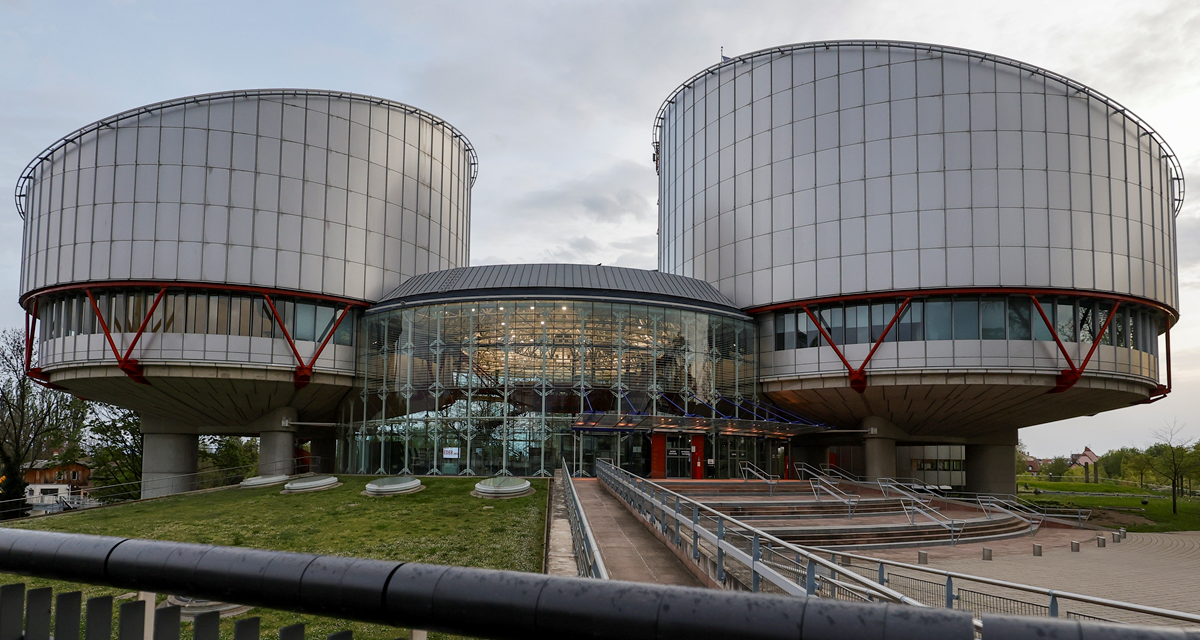The European Court of Human Rights ruled that Croatia violated the freedom of expression of a woman who was convicted of serious defamation of her neighbors by calling them corrupt thieves. The court found that Croatian courts failed to properly balance the right to freedom of expression with the right to protect the honor and reputation of others, and did not conduct an appropriate proportionality assessment of the penalty. The woman was previously sentenced to a conditional fine, and the verdict was upheld by higher courts in Croatia. The Strasbourg court awarded her compensation for non-pecuniary damage and costs.
Political Perspectives:
Left: Left-leaning outlets emphasize the importance of protecting freedom of expression and criticize the Croatian courts for failing to uphold this fundamental right. They highlight the European Court of Human Rights’ decision as a victory for individual rights and a call for judicial reform in Croatia to better balance freedom of speech with protection of reputation.
Center: Centrist sources report the facts of the case objectively, focusing on the legal aspects of the European Court of Human Rights ruling. They present the background of the defamation case, the Croatian courts’ decisions, and the Strasbourg court’s findings without strong editorializing, emphasizing the need for proportionality in legal responses to freedom of expression issues.
Right: Right-leaning media may focus on the need to protect the reputation and honor of individuals and institutions, possibly criticizing the European Court of Human Rights for interfering with national judicial decisions. They might stress the harm caused by defamatory statements and support the Croatian courts’ initial rulings, viewing the Strasbourg decision as undermining respect for authority and social order.































